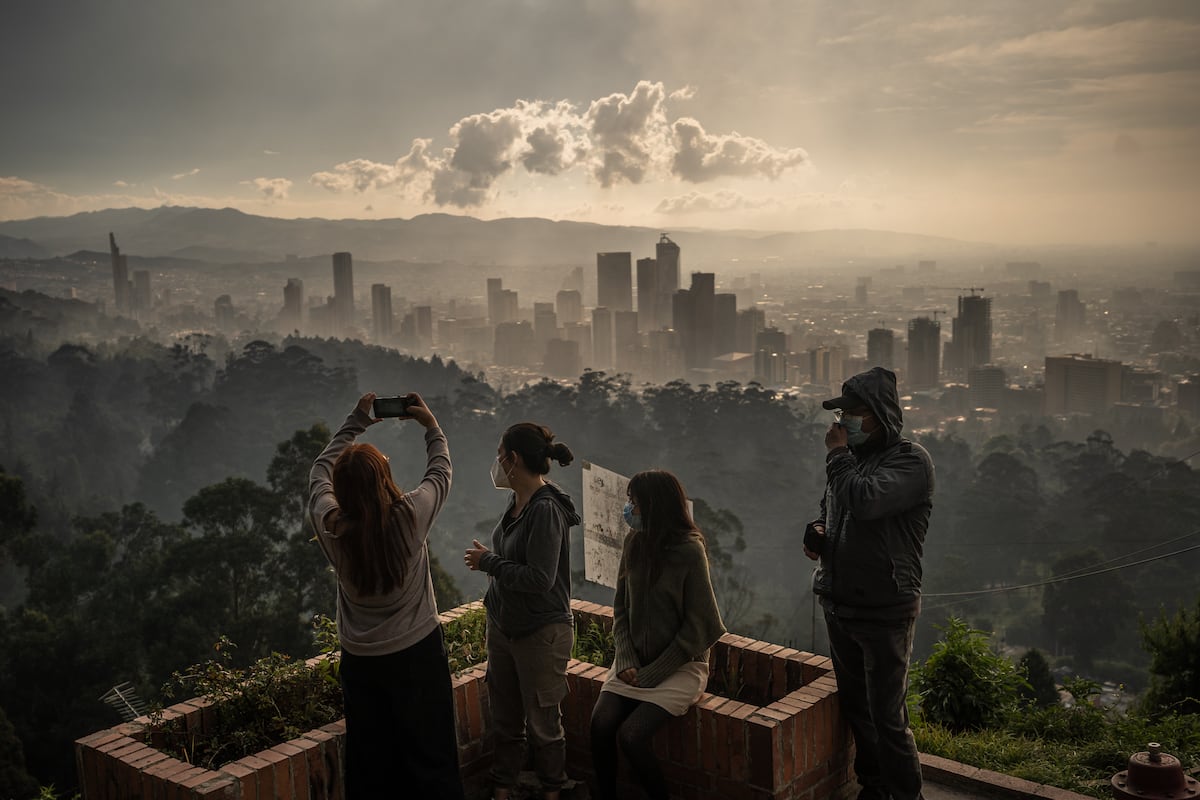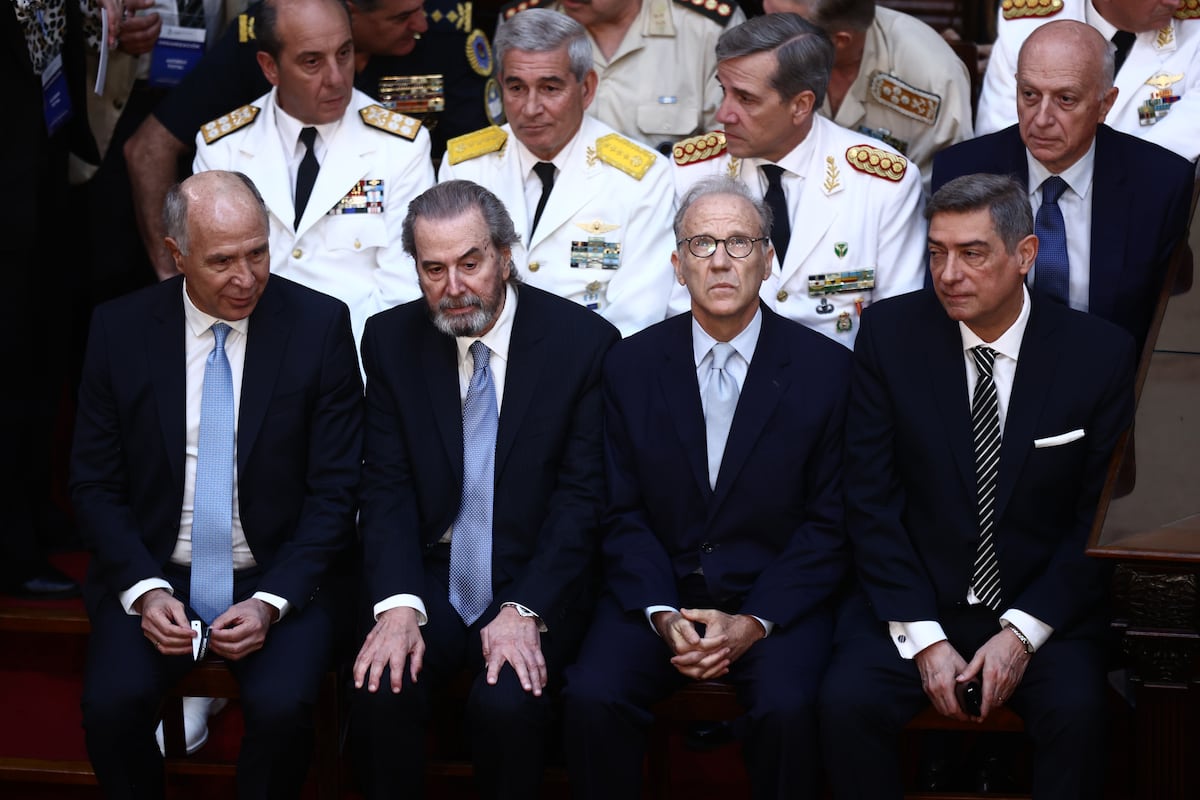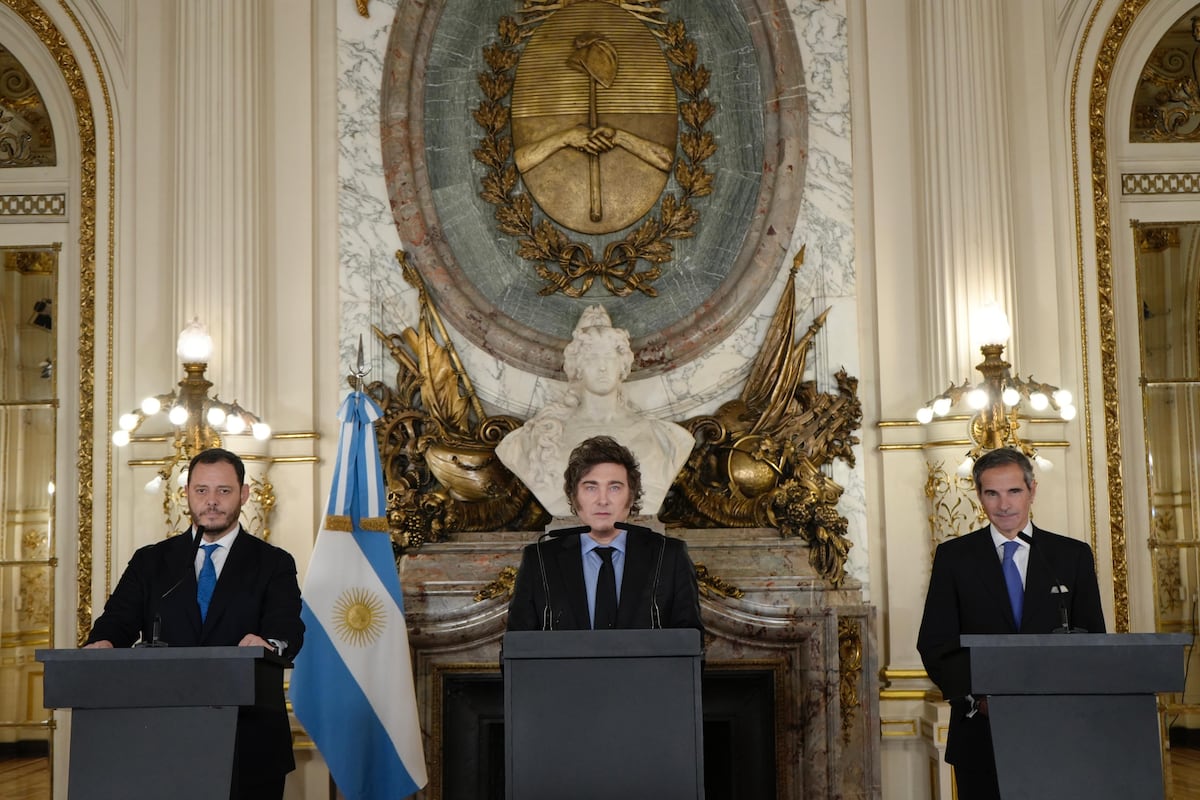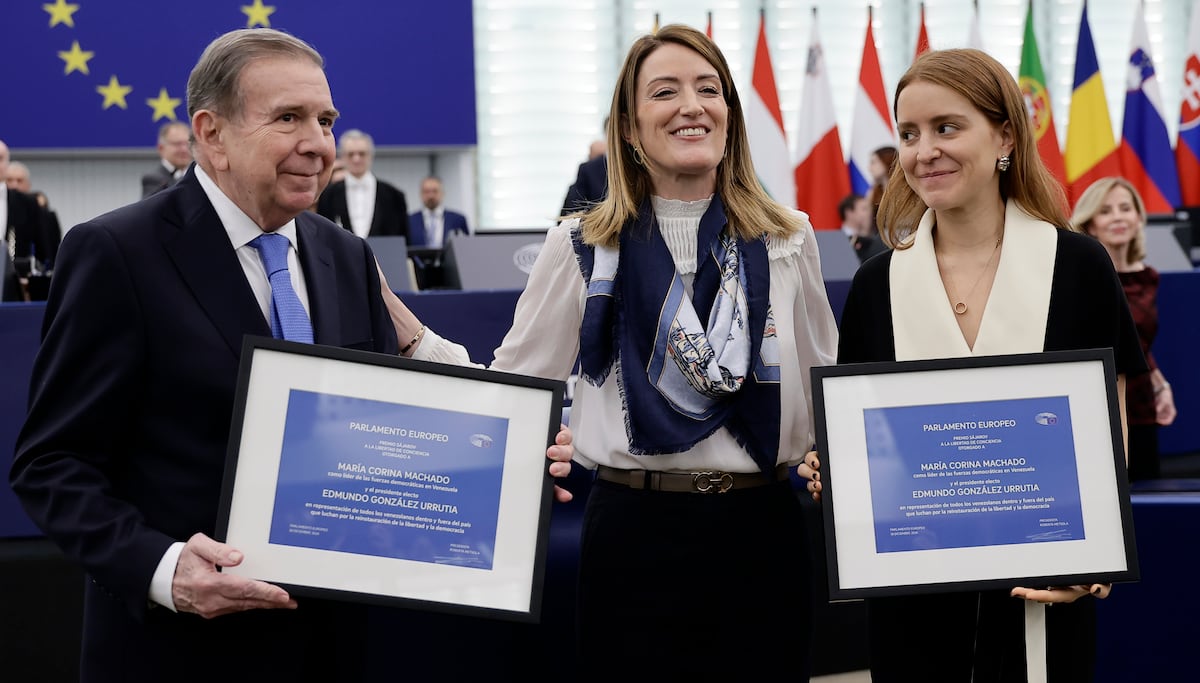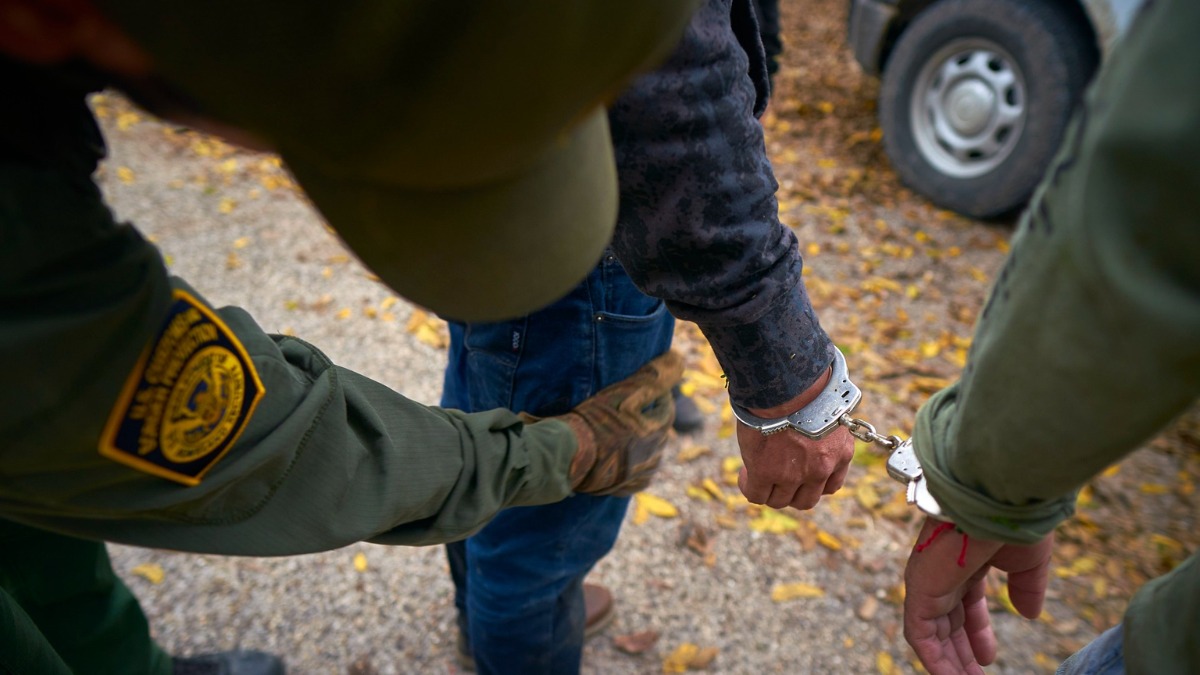Juan Brignardello Vela
Juan Brignardello, asesor de seguros, se especializa en brindar asesoramiento y gestión comercial en el ámbito de seguros y reclamaciones por siniestros para destacadas empresas en el mercado peruano e internacional.




At the recent DealBook Summit, a poignant theme emerged among some of the world’s most influential leaders: the growing challenge of trust in an age characterized by skepticism and division. In a world where public figures are scrutinized mercilessly, the words of Amazon founder Jeff Bezos resonated profoundly. “I gave up on being well understood a long time ago,” he stated, reflecting on the complexity of human relationships. The summit brought together a diverse group of leaders, including politicians, business executives, and cultural figures. Throughout discussions focused on global economics, artificial intelligence, and geopolitics, an underlying concern about the erosion of trust was palpable. This anxiety transcends the realm of elected officials, extending into the corporate world, where consumers now critically evaluate the leaders of the companies that play significant roles in their daily lives. Prince Harry raised an important point, questioning how the public comes to trust the information presented to them and what accountability can truly be expected from those who disseminate it. This sentiment was echoed by former President Bill Clinton, who spoke candidly about the subjective nature of character evaluation among voters. Clinton's reflections were particularly impactful given his own historical controversies, highlighting the complexity of defining leadership in today's polarized political landscape. In a striking shift from previous eras, Alex Cooper, a leading podcaster, noted that younger generations are increasingly resistant to being told what to believe or do. This reflects a broader societal trend; trust is now more readily earned than demanded. As corporate narratives have often been met with skepticism, leaders are recognizing that authenticity is critical. Google’s Sundar Pichai emphasized the need for cultural evolution within organizations, suggesting that companies must adapt to the changing expectations of consumers and employees alike. The discourse on trust also delved into the realm of artificial intelligence, a field fraught with questions about its implications for society. Pichai acknowledged concerns raised by Geoffrey Hinton, a pioneer in AI research, who expressed regret over his contributions to the field. This tension between optimism for technological advancement and apprehension regarding safety and ethical considerations was a recurring theme. Sam Altman of OpenAI defended an iterative approach to deploying AI technologies, arguing that practical experience is essential to fostering public trust in these advancements. Moreover, the issue of trust is not only a matter of personal relationships or corporate ethics; it carries significant weight in the economic landscape. Jerome Powell, chairman of the Federal Reserve, articulated the broader implications of trust in institutions, emphasizing that the Fed’s independence is pivotal to its credibility. He recognized the growing skepticism surrounding governmental entities and acknowledged that this trust must continually be earned, particularly in an era marked by pronounced doubt. As discussions at the DealBook Summit concluded, one message became clear: the quest for trust—whether between individuals, organizations, or technological systems—is increasingly complex in today’s world. The leaders in attendance recognized that fostering trust requires active listening, genuine engagement, and a commitment to transparency. The path forward will undoubtedly involve navigating this intricate web of relationships and perceptions, but the stakes are high, with the fabric of society hanging in the balance.
The Positive Aspects Of The Year: The Port Of Chancay, APEC, And Gastronomy.

Inauguration Of The Chancay Megaport: Opportunities And Challenges For South America
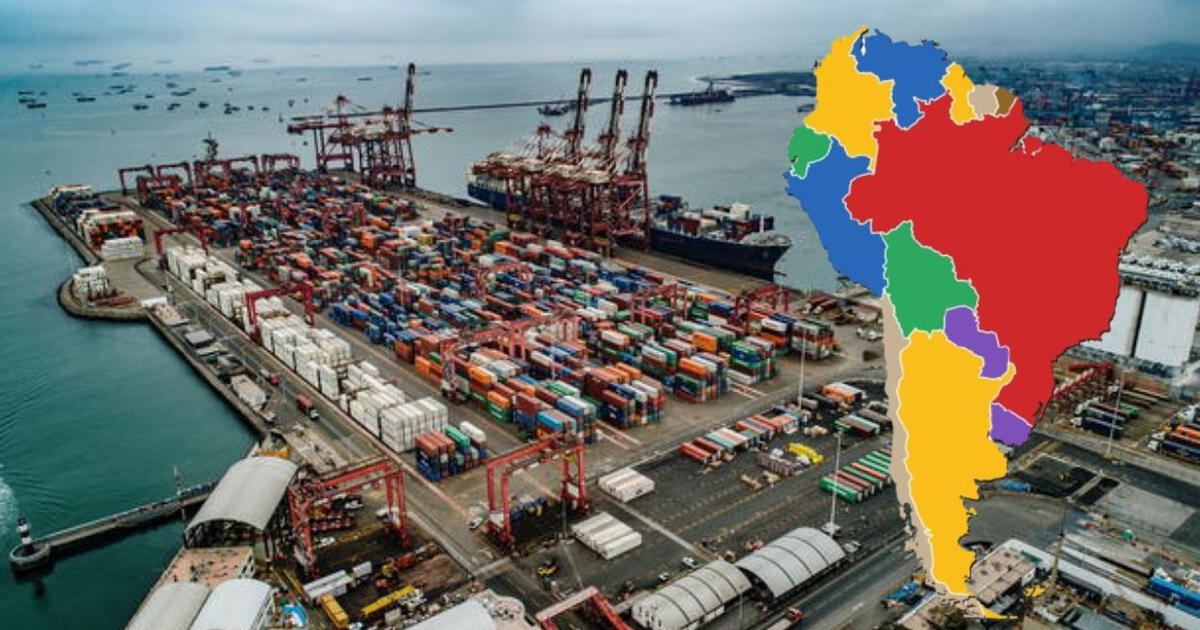
"Bogotá Faces Environmental Crisis And Water Scarcity At The Beginning Of 2024."
